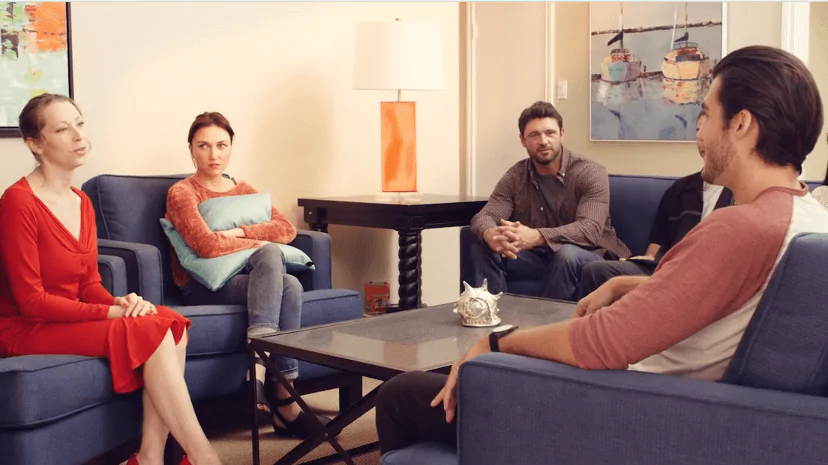24/7 Helpline:
(866) 899-221924/7 Helpline:
(866) 899-2219
Learn more about Depression Treatment centers in Guthrie
Depression Treatment in Other Cities

Other Insurance Options

Covered California

Optima

Molina Healthcare

Holman Group

AllWell

United Health Care

MHNNet Behavioral Health

Access to Recovery (ATR) Voucher

Sliding scale payment assistance

ComPsych

WellPoint

Excellus

Premera

Horizon Healthcare Service

Health Net

Meritain

Ambetter

Kaiser Permanente

Aetna

UnitedHealth Group














North Oklahoma County Mental Health
North Oklahoma County Mental Health is a private rehab located in Guthrie, Oklahoma. North Oklahoma ...

Logan Community Services
Logan Community Services is a private rehab located in Guthrie, Oklahoma. Logan Community Services s...

Four Winds Ranch Recovery Center for Adolescent Females
Four Winds Ranch Recovery Center for Adolescent Females is a private rehab located in Guthrie, Oklah...




